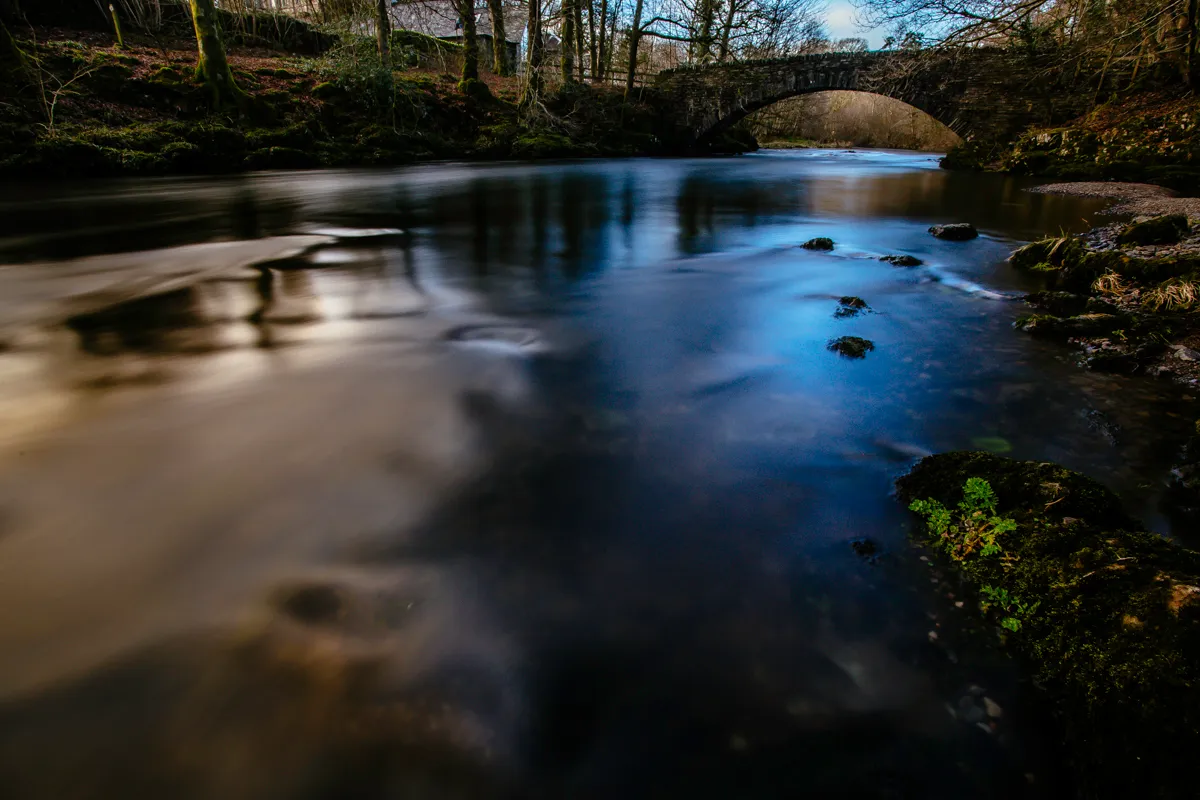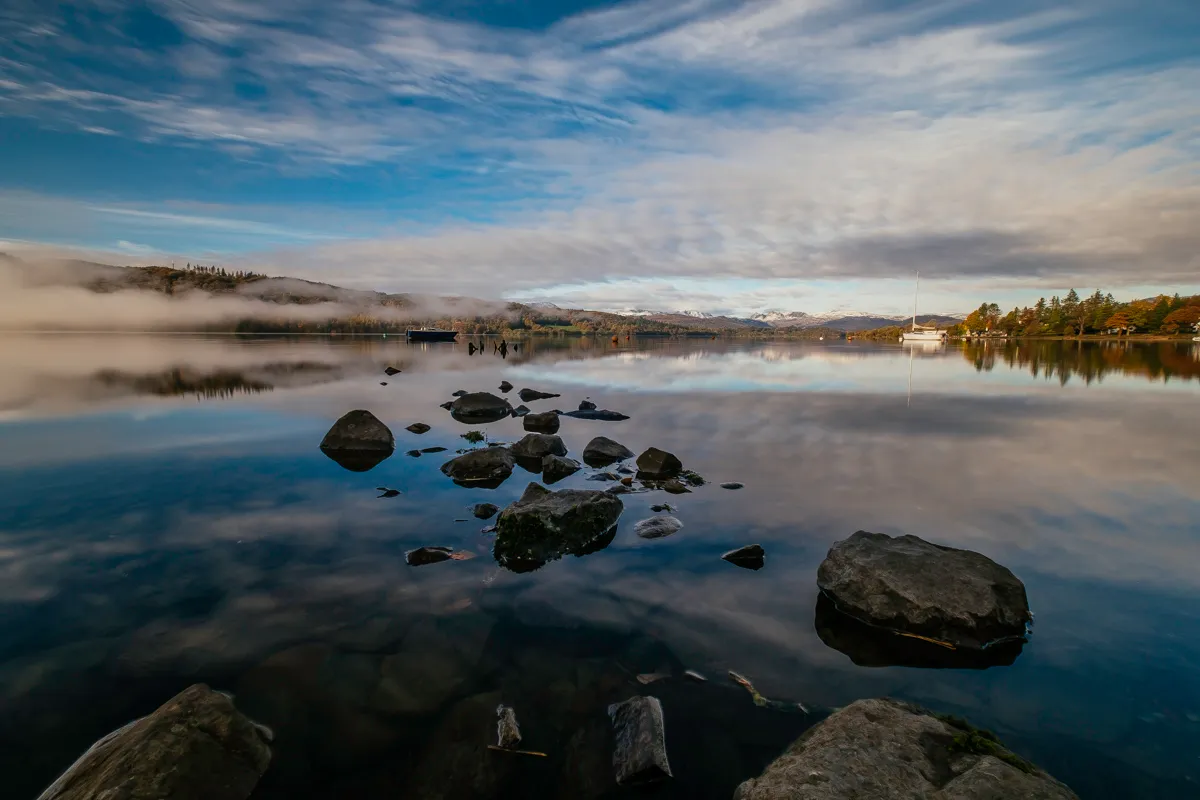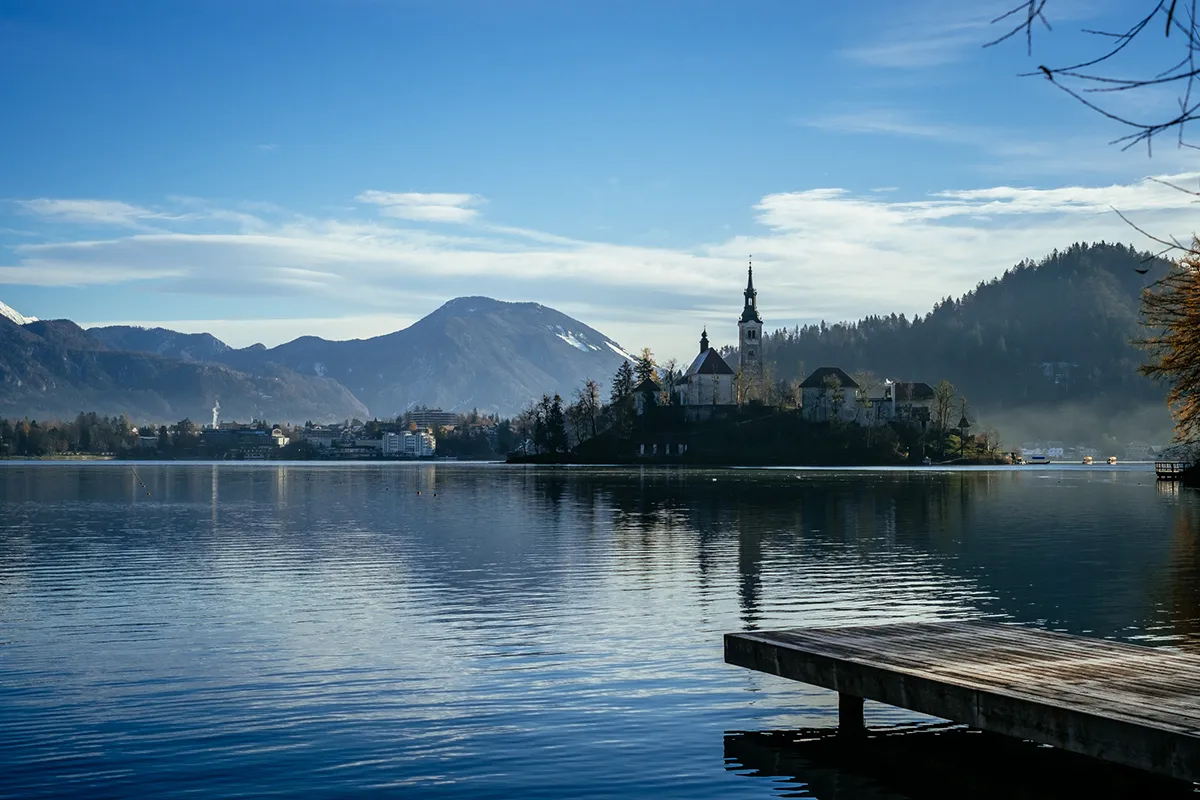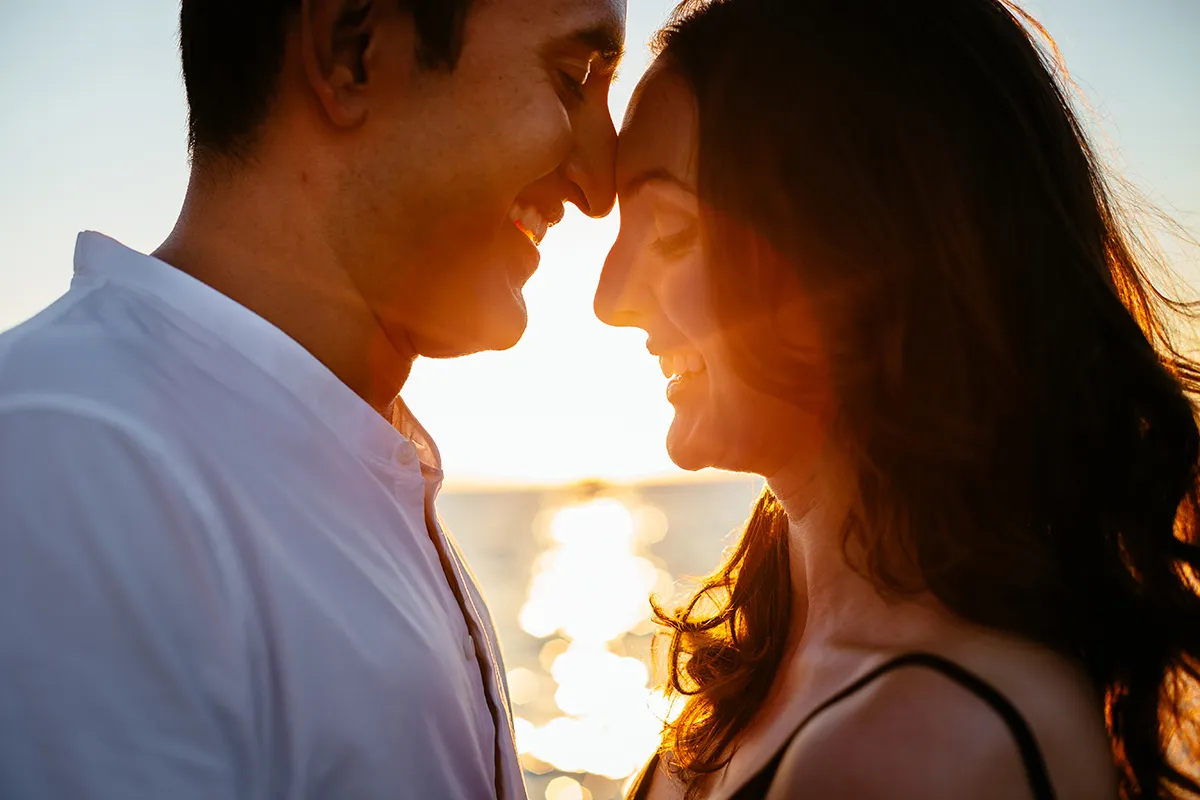Which Camera Should I Buy?
Spoiler alert, this isn't really a guide at all.


Enough Preamble


’The best camera you own is the one you have with you’
I’ve heard this saying so many times, and it’s one that rings true more as the years go by. If you’re a professional then you’ll be doing your own research, you’ll be invested in a manufacturers ecosystem and so the decision to buy a new camera is a little more complex than just looking at the DXO scores for the latest sensor ratings. For just about everyone else just get something that you like the look of, or the most affordable option, or just something you see a great deal on. You can’t really go wrong – but you really don’t need to break the bank to break into the industry. All you need for that is to keep taking photos!